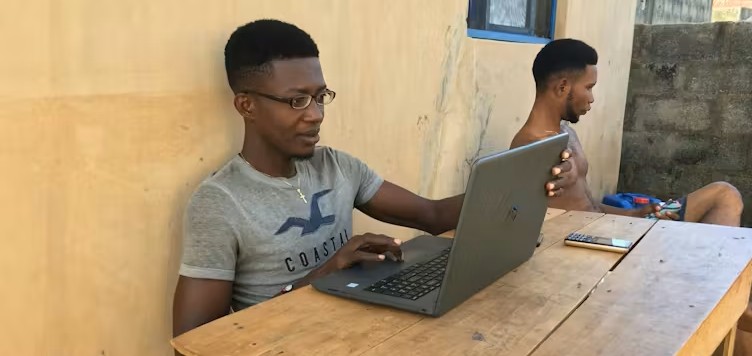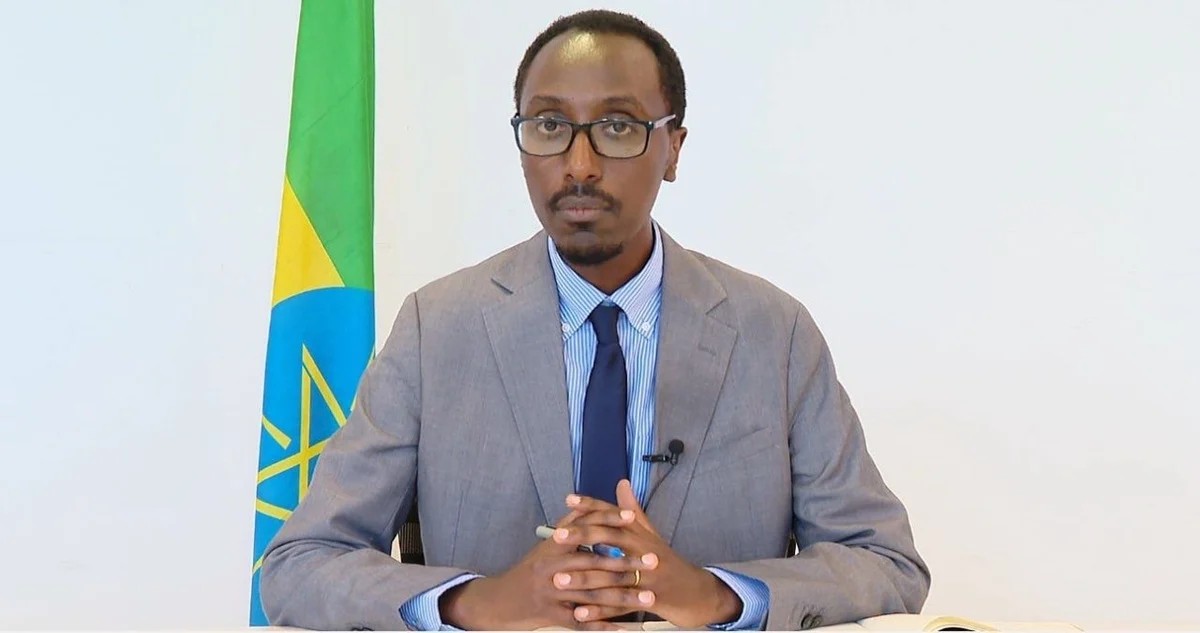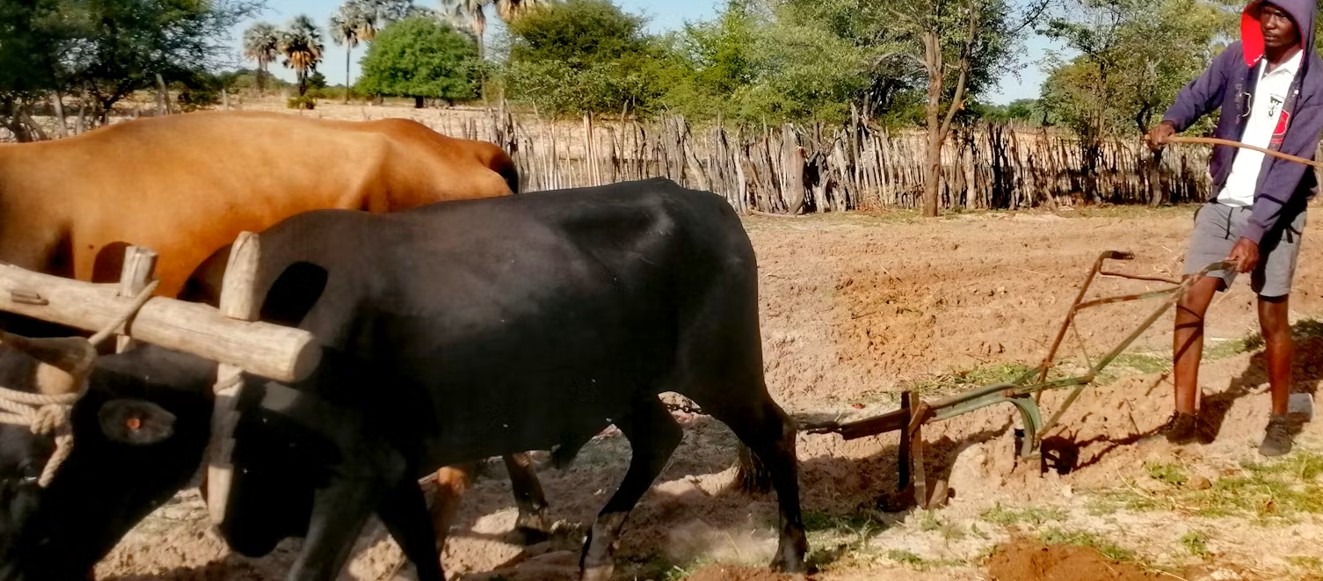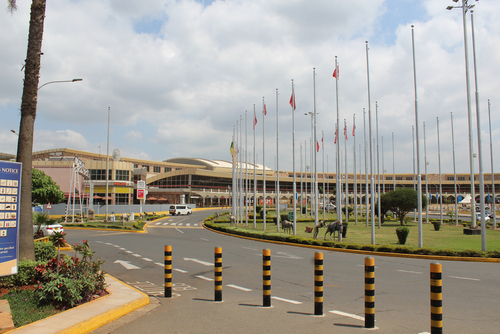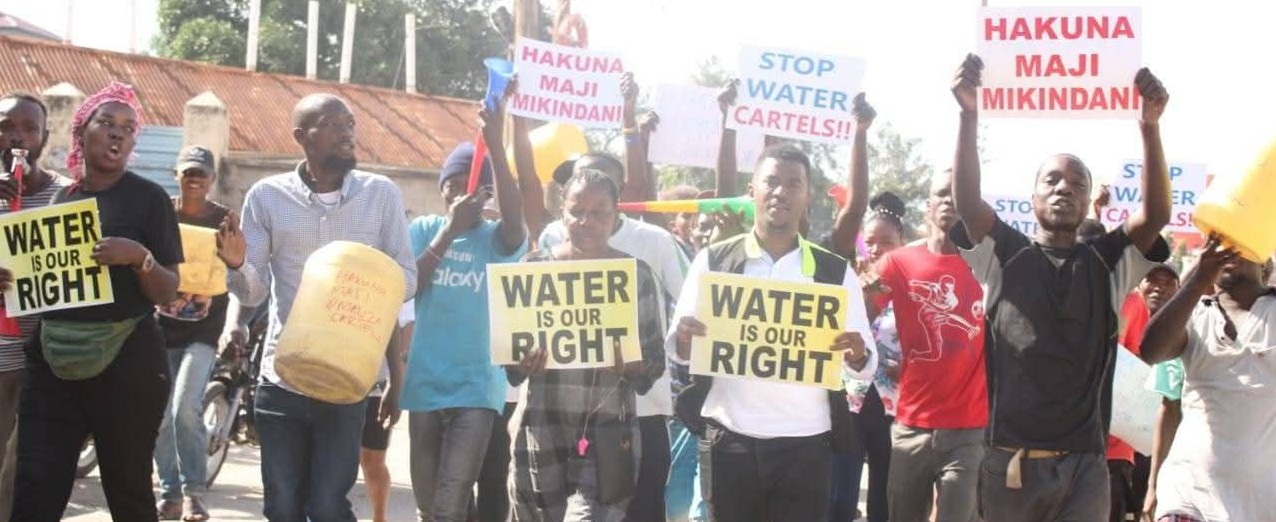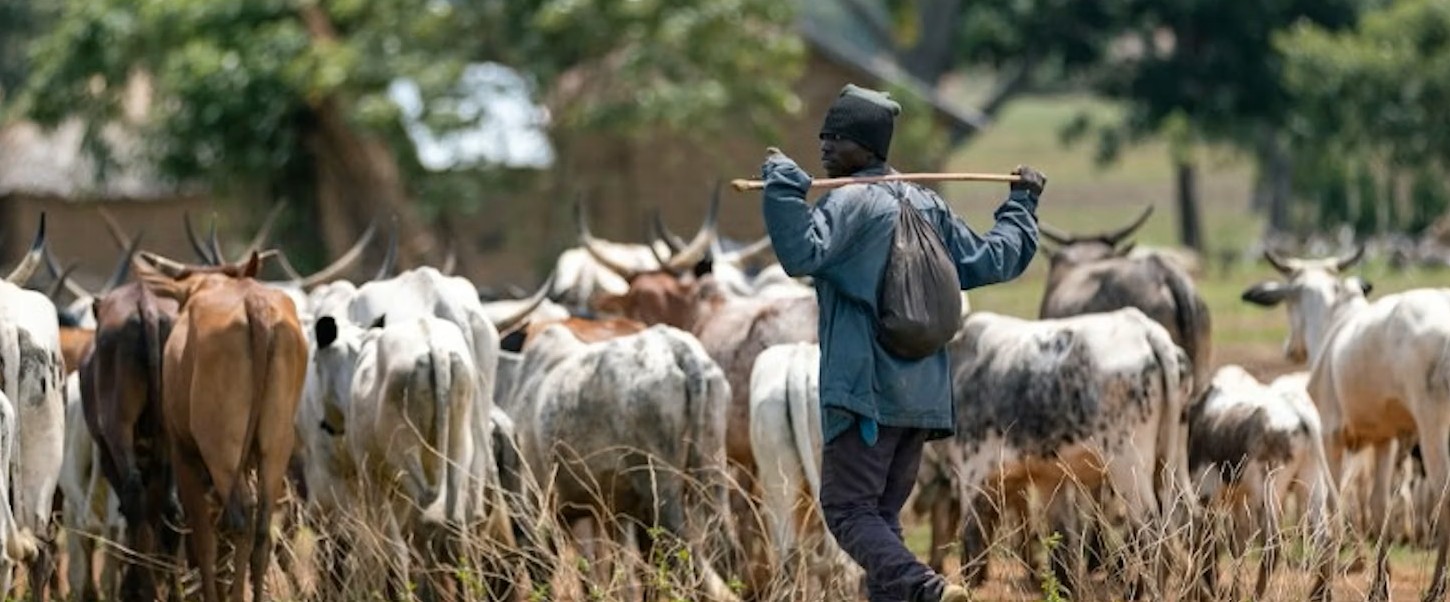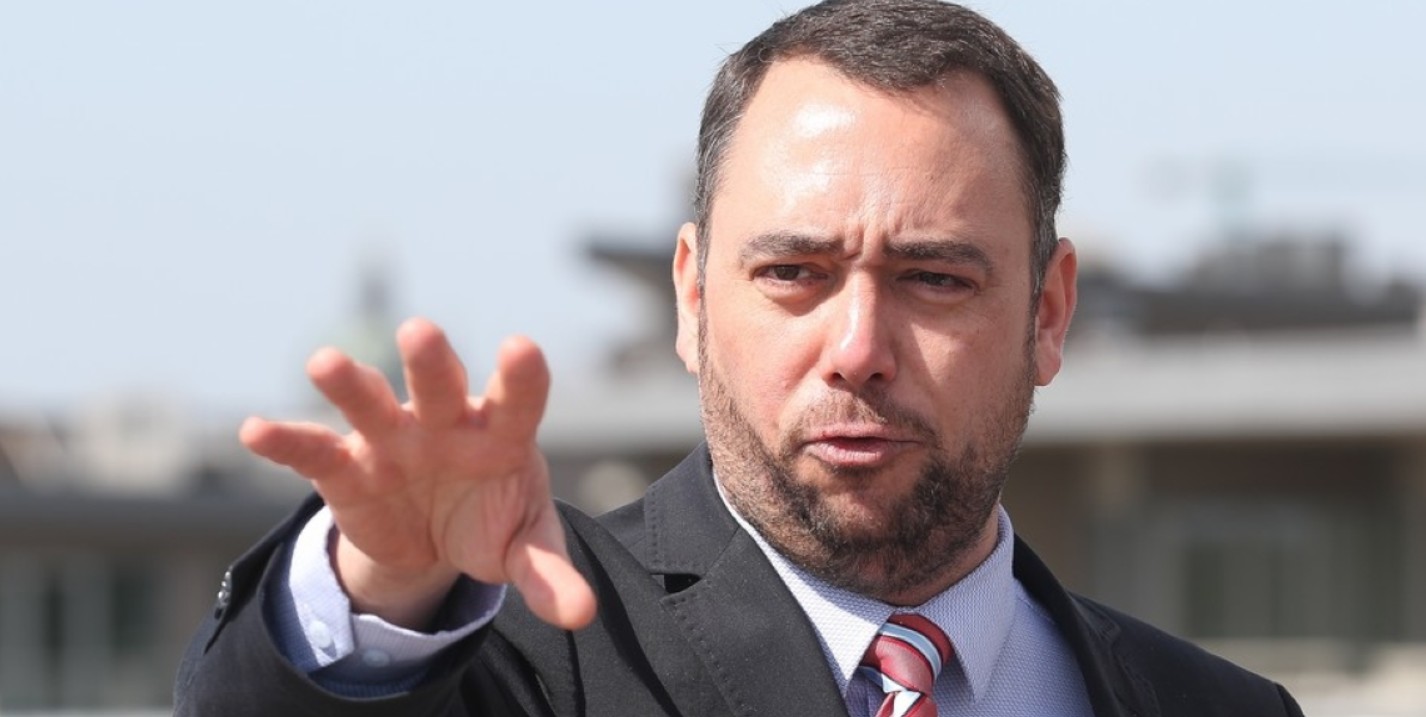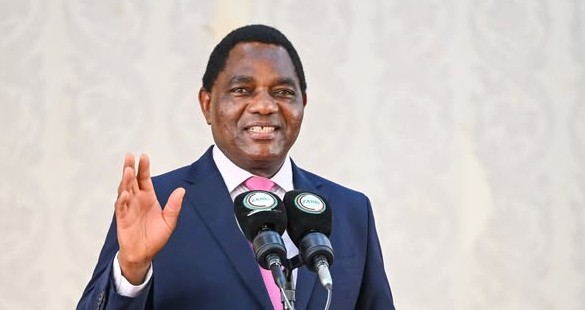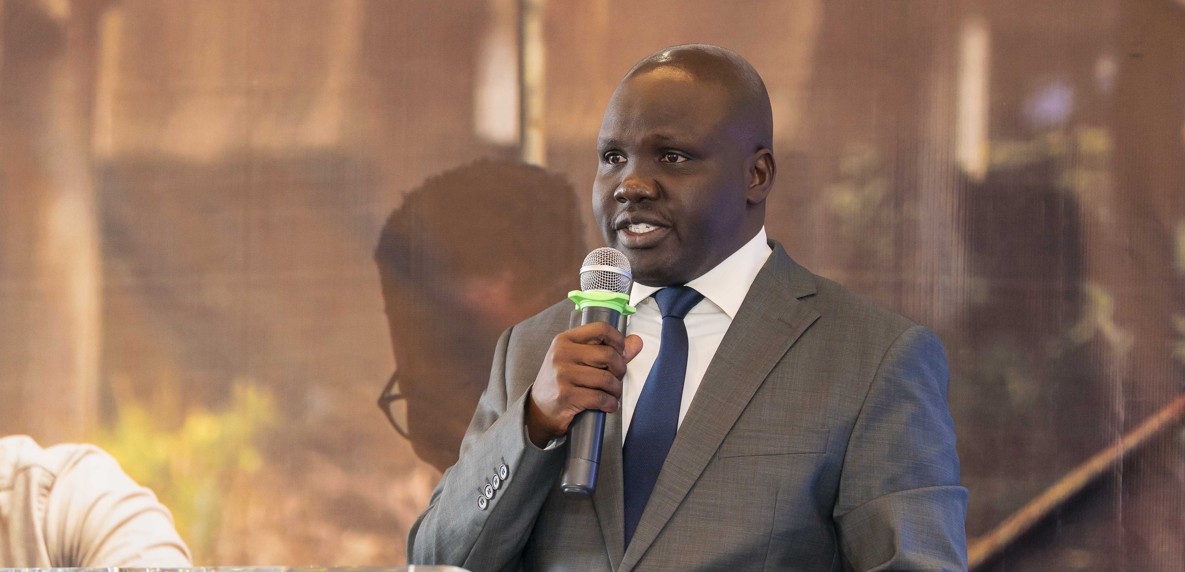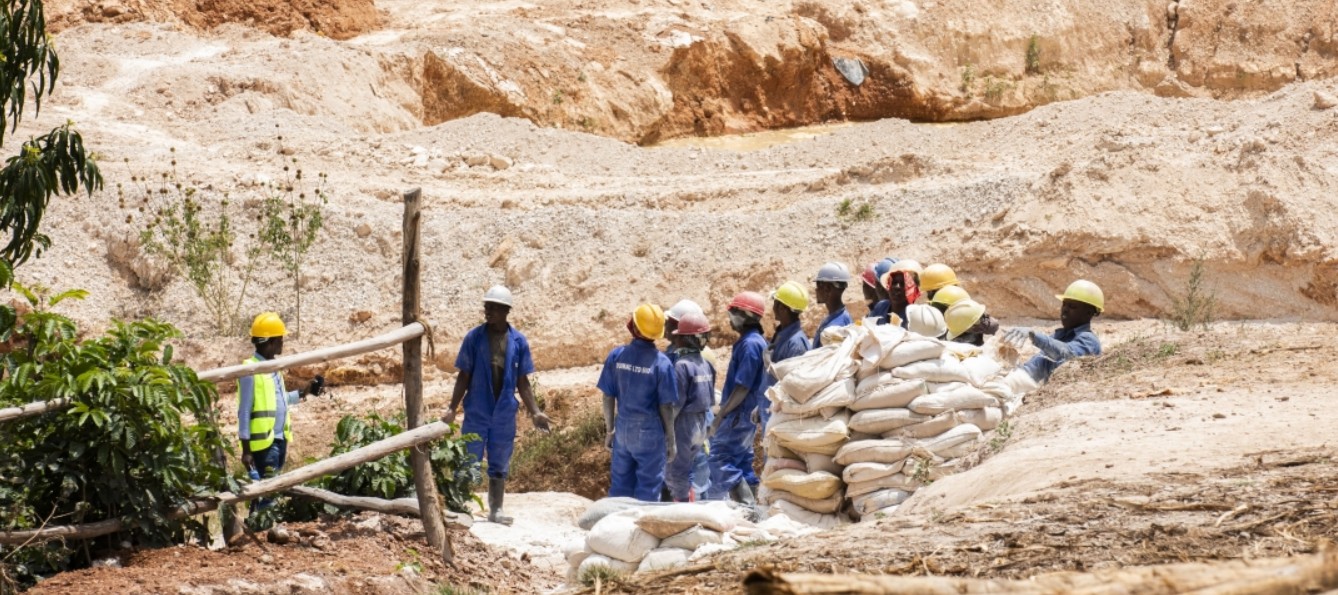Rwanda calls for Africa’s permanent seat at UN Security Council
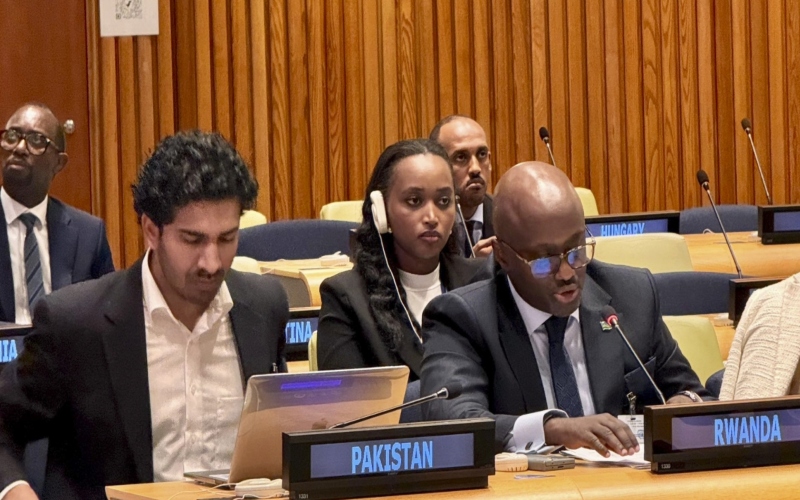
Minister Olivier Nduhungirehe reiterated Rwanda’s support for multilateralism and its interest in hosting UN agencies as part of a commitment to a cost-effective and decentralised UN system.
Rwanda has urged urgent reforms to make the United Nations Security Council more representative, insisting that Africa, home to more than a billion people, deserves a permanent seat at the table.
Speaking at the 80th Session of the United Nations General Assembly in New York on Thursday, September 25, Olivier Nduhungirehe, the Minister of Foreign Affairs and International Cooperation, said the council’s current composition does not reflect today’s realities.
More To Read
- OPINION: Before pointing at Rwanda, Belgium must finally confront its own African history
- How AI and robotics are improving underground mine safety in Rwanda
- Somalia on high alert as Marburg virus outbreak hits neighbouring Ethiopia
- Rwanda Cabinet approves reforms on transport, currency, climate
- Wave of coups in Africa: What President Paul Kagame thinks
- DR Congo, Rwanda leaders to sign peace deal in US
“Africa is a 1.2 billion people-strong continent, where most of the conflicts on the Security Council’s agenda reside. Therefore, it cannot remain excluded from permanent membership,” Nduhungirehe said as he delivered Rwanda's statement during the general debate.
The minister reiterated Rwanda’s support for multilateralism and its interest in hosting UN agencies as part of a commitment to a cost-effective and decentralised UN system.
“We reiterate our support for the work of the United Nations and the Secretary General, particularly in advancing peace and security and driving progress on Sustainable Development Goals,” he said.
The minister noted Rwanda’s commitment to the 2030 Agenda for Sustainable Development.
“Rwanda remains firmly committed to its full implementation, recognising that connectivity, innovation, and inclusive development are indispensable drivers of progress,” he said, while warning that unequal access to finance, technology, and markets threatens to widen existing gaps.
He emphasised the need for a shift from aid to trade as a means to empower developing nations, noting that solidarity among countries through development cooperation has played an important role in narrowing development gaps.
“We believe that it is time to transition from aid to trade, enabling developing countries to become self-reliant in a win-win partnership,” Nduhungirehe said.
Rwanda also criticised the politicisation of development assistance.
“Let me recall that every nation is sovereign and cannot be forced to choose between its security and development. Development aid must serve as a tool for solidarity and progress, not as a weapon of coercion,” he said.
On peace and security, Nduhungirehe drew lessons from the 1994 Genocide against the Tutsi, emphasising Rwanda’s advocacy for civilian-centred peacekeeping.
“For the sake of the millions who look to the UN for protection, we must ensure that peacekeeping remains true to its purpose,” Nduhungirehe said.
He highlighted Rwanda’s leadership in promoting robust peacekeeping, the Responsibility to Protect, and implementing the 2015 Kigali Principles on the Protection of Civilians.
He also highlighted Rwanda’s role in mobilising resources for the African Union Peace Fund, which now exceeds $400 million (Sh51.8 billion).
“As a direct result, the Security Council decided to finance three-quarters of African Union peace operations for the first time,” he said.
While Rwanda is one of the largest troop contributors to multilateral UN peacekeeping missions, Nduhungirehe noted the country's contribution to peace support operations under bilateral arrangements in the Central African Republic and Mozambique, supporting restoration of state authority, capacity building, and counter-terrorism.
“I may recall that the United Nations was established to spare succeeding generations from the scourge of war. Yet, eighty years on, conflicts continue to erupt across every continent.
“Rwanda firmly maintains that for most of those conflicts, lasting peace cannot be achieved through military means. We have consistently held that only genuine, good-faith dialogue offers a sustainable path toward global peace,” he said.
Top Stories Today
